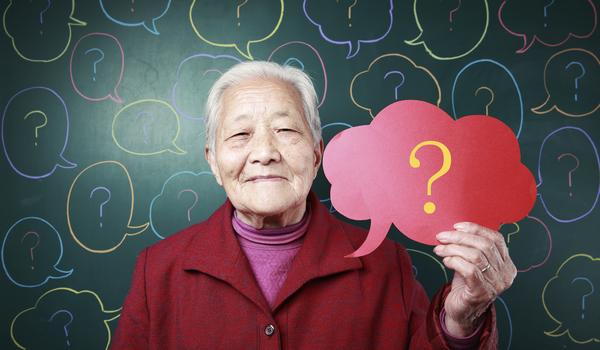Questions people might ask you

Prepare yourself for a variety of reactions when you tell people about your cancer diagnosis. Telling those close to you provides them with a chance to give you practical or emotional support. 1 You may, however, experience a wide range of reactions, often because people feel uncomfortable or awkward.1,2
When you break the news of your diagnosis, your family and friends might ask one or more of the following questions:
- What kind of cancer do you have?3
- What treatments will you need?3
- Would you like me to visit you?4
- Would you like to come to social events?3,4
- How can I stay up to date with your treatment and progress?1
And the most common question will almost certainly be:
- What can I do to help?1,3
Draft a list of practical ways for your loved ones to support you, for instance by doing the shopping or taking your dog for a walk, and have it on hand to refer to when this question comes up.1,2 You may find that by letting people help you, you are showing your trust and giving direction.5
If you are too tired, emotional or overwhelmed to respond but want to share information about your cancer and treatment:
- Assign one friend or family member as a “point of contact” to give information on your behalf 1
- Use a website or group blog to communicate1,3
- Use group emails to communicate 3
Set your own boundaries and do not hesitate to explain if you are feeling rushed or pressured to talk more than you really want to talk.2
Remember that giving your loved ones information and encouraging them to ask questions can be the first steps in creating a supportive community for yourself.2 Do not be afraid to express your feelings if their reaction upsets you; once you share your feelings, most people find it easier to talk about the future. Some people may react strangely because they not know how to deal with the news and just need some guidance on what to say or how to act.2
Glossary